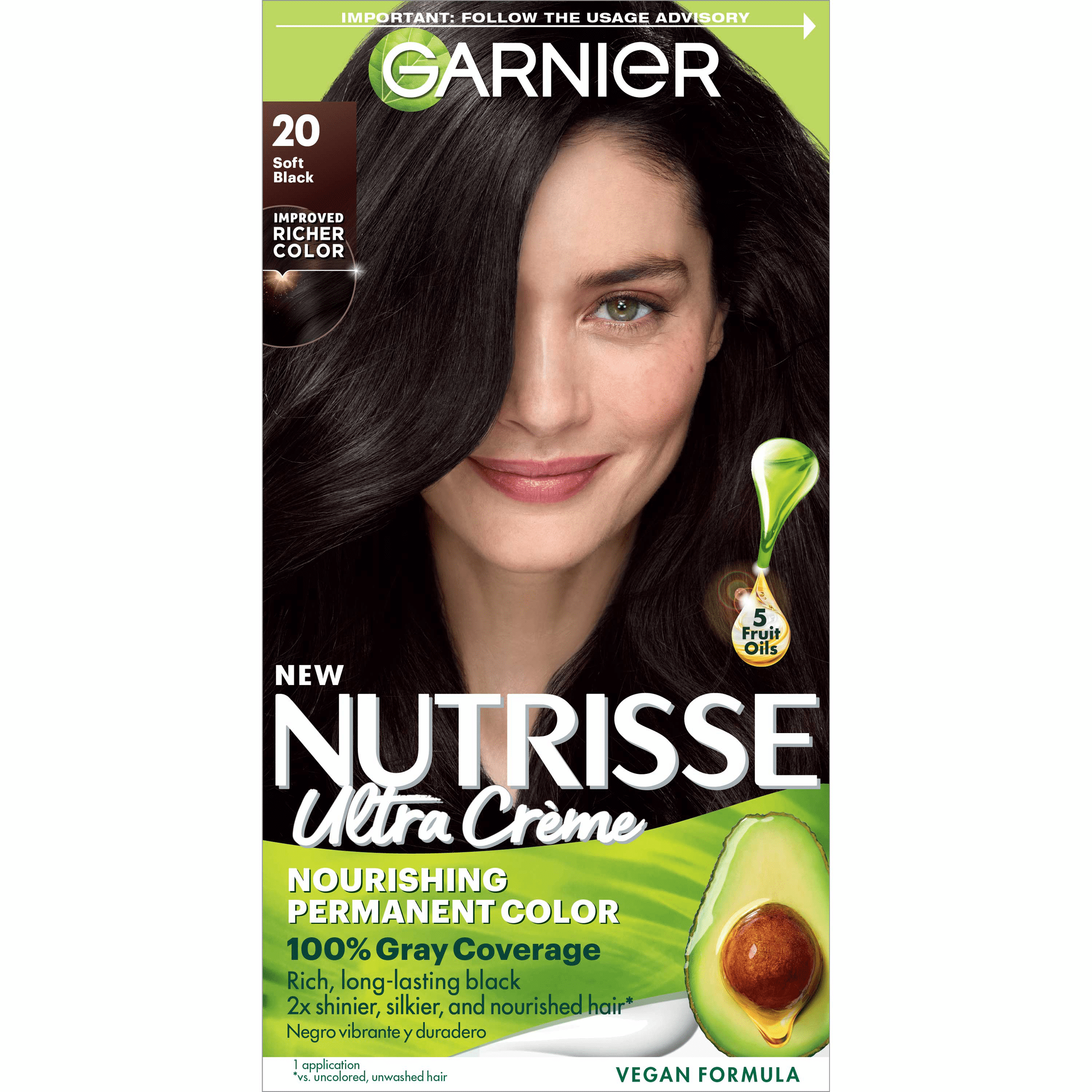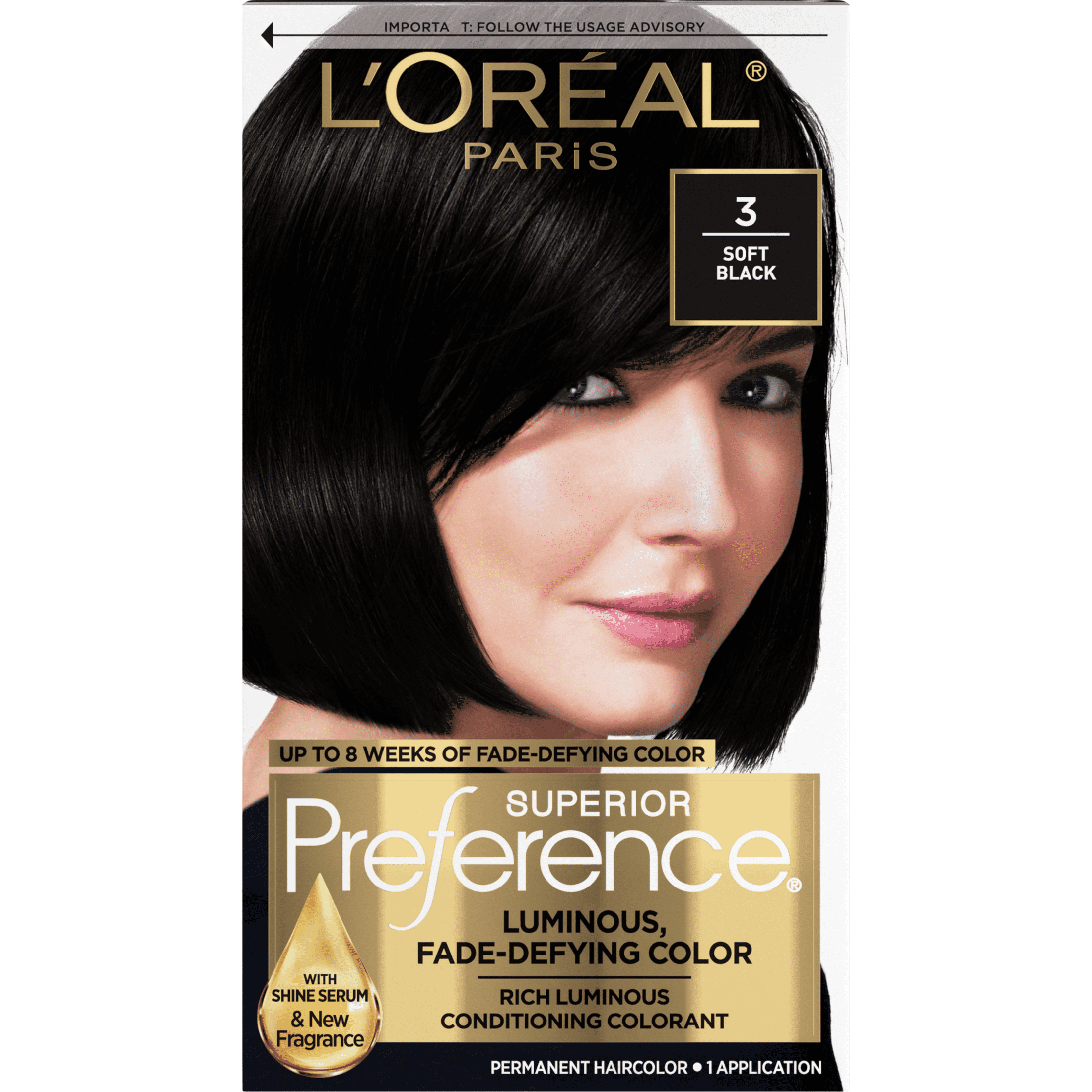Soft black hair, a captivating and versatile crown, has long held a place of prominence in various cultures and hair care routines. Its unique texture and inherent beauty inspire both awe and admiration. In this comprehensive guide, we delve into the specific needs of soft black hair, exploring styling options, cultural significance, and celebrity inspirations, providing you with the knowledge to embrace and enhance your own soft black tresses.
Hair Care for Soft Black Hair
Soft black hair, a beautiful and distinctive characteristic, requires specialized care to maintain its health and luster. Understanding the unique needs of soft black hair is essential for preserving its softness and preventing breakage.
The delicate nature of soft black hair makes it prone to dryness and damage. The hair shaft is often finer and more porous than other hair types, allowing moisture to escape easily. Additionally, the natural oils produced by the scalp may not be sufficient to keep the hair adequately moisturized.
Maintaining Moisture
- Regular Conditioning:Deep conditioning treatments, applied weekly or bi-weekly, replenish moisture and strengthen the hair. Look for conditioners specifically formulated for dry or damaged hair.
- Leave-In Conditioner:Apply a leave-in conditioner to damp hair after washing. This helps seal in moisture and protect the hair from environmental stressors.
- Avoid Over-Washing:Excessive washing can strip the hair of its natural oils. Aim to wash your hair every 2-3 days or as needed.
- Use a Wide-Toothed Comb:Brushing or combing wet hair can cause breakage. Use a wide-toothed comb to gently detangle hair when wet.
Preventing Breakage
- Trim Split Ends Regularly:Split ends can travel up the hair shaft, causing further breakage. Trim your hair every 6-8 weeks to remove split ends.
- Protect from Heat:Heat styling tools can damage soft black hair. Use heat protectant spray before using heat and limit the use of hot tools.
- Avoid Tight Hairstyles:Tight ponytails or braids can put stress on the hair and lead to breakage. Opt for loose hairstyles that do not pull on the hair.
- Handle with Care:Be gentle when brushing or styling your hair. Avoid rough handling or pulling on the hair.
Choosing the Right Hair Products
Selecting the right hair products is crucial for maintaining the health of soft black hair. Look for products that are:
- Moisturizing:Products containing shea butter, coconut oil, or argan oil provide deep hydration.
- Strengthening:Products with protein, such as keratin or collagen, help strengthen the hair shaft.
- Sulfate-Free:Sulfates are harsh detergents that can strip the hair of its natural oils. Opt for sulfate-free shampoos and conditioners.
- pH-Balanced:Hair products with a pH balance close to the hair’s natural pH of 4.5-5.5 help maintain the hair’s health.
Styling Options for Soft Black Hair

The versatility of soft black hair allows for a wide range of styling options that can enhance its natural beauty and complement different facial features and personal styles.
Hairstyles for Soft Black Hair
From sleek and sophisticated to voluminous and textured, there are numerous hairstyles that suit soft black hair. Some popular choices include:
- Bob:A classic and versatile cut that can be customized to suit various face shapes and hair textures.
- Pixie:A short and edgy style that adds volume and movement to soft black hair.
- Long Layers:Layers create movement and texture, adding volume to fine hair and softening the appearance of thick hair.
- Curls:Natural or heat-styled curls define soft black hair, creating a voluminous and glamorous look.
Styling Techniques for Different Hair Textures, Soft black hair
The texture of soft black hair varies from fine and straight to thick and curly. Choosing the right styling techniques is crucial to enhance the hair’s natural texture and prevent damage.
| Hair Texture | Suitable Styling Techniques |
|---|---|
| Fine | – Blow-drying with a volumizing mousse
|
| Medium | – Straightening or curling with heat tools
|
| Thick | – Blow-drying with a diffuser to reduce frizz
|
| Curly | – Defining curls with a curl cream or gel
|
Hair Accessories and Products for Styling
Hair accessories and products can enhance the styling of soft black hair and add a personal touch. Some popular options include:
- Headbands:Add a touch of elegance or bohemian flair to hairstyles.
- Clips:Can be used to hold back bangs, create half-up styles, or embellish braids.
- Hairspray:Helps to control frizz, hold styles in place, and add volume.
- Serum:Smooths flyaways, adds shine, and protects hair from heat damage.
- Styling Cream:Defines curls, adds texture, and enhances volume.
Cultural Significance of Soft Black Hair

Soft black hair has deep-rooted historical and cultural associations, carrying immense significance in various cultures worldwide. Its rich symbolism and traditional practices have shaped hairstyles and rituals, creating a tapestry of diverse expressions.
In many African cultures, soft black hair is a symbol of strength, fertility, and beauty. Elaborate hairstyles, such as intricate braids, cornrows, and locs, are not merely aesthetic adornments but hold cultural and spiritual meaning. These hairstyles represent lineage, identity, and connection to ancestors.
Hairstyles with Cultural Significance
- Cornrows:Tightly braided rows running along the scalp, symbolizing strength and unity.
- Locs:Long, twisted strands of hair that are not combed or brushed, representing spiritual growth and connection to the divine.
- Braided buns:Hair gathered into a bun on top of the head, signifying status, power, and femininity.
- Afro:A natural, voluminous hairstyle where hair is allowed to grow freely, representing self-acceptance and cultural pride.
Celebrity Inspirations with Soft Black Hair
Embrace the beauty of soft black hair by drawing inspiration from these iconic celebrities who showcase its versatility and elegance.
Zendaya
Zendaya’s soft black hair has become her signature style. Her natural curls add volume and texture, creating a voluminous and captivating look. To achieve a similar style, use a curl-enhancing mousse or cream, and diffuse your hair on low heat to preserve its natural definition.
Lupita Nyong’o
Lupita Nyong’o’s short, sleek bob highlights the rich depth of her soft black hair. This versatile cut frames her face beautifully and complements both formal and casual attire. To style, use a smoothing serum and blow dry your hair straight.
Finish with a light hairspray for hold.
Halle Berry
Halle Berry’s long, flowing locks are a testament to the beauty of healthy, well-maintained soft black hair. Her hair often features subtle highlights that add dimension and enhance its natural shine. To achieve a similar look, use a deep conditioning treatment regularly and avoid excessive heat styling.
Tracee Ellis Ross
Tracee Ellis Ross is known for her voluminous, curly afro. Her hair exudes confidence and celebrates the natural texture of soft black hair. To achieve a similar style, use a leave-in conditioner and curl-defining cream to enhance your natural curls.
Diffuse your hair on low heat to add volume and reduce frizz.
Final Review: Soft Black Hair

Soft black hair, with its rich history, diverse styling possibilities, and cultural significance, continues to captivate and inspire. By understanding its unique characteristics and embracing the latest trends, you can unlock the full potential of your soft black hair, allowing it to become a radiant expression of your individuality and cultural heritage.
